Expert care
With an average of six consultation rooms per centre, three operating theatres, x-ray, ultrasound, in-house laboratory and more, we provide full care to keep pets happy and healthy throughout their life, including a full range of products and services from vaccinations and pet passports - to orthopaedic surgery and dentals.
an appointment
online
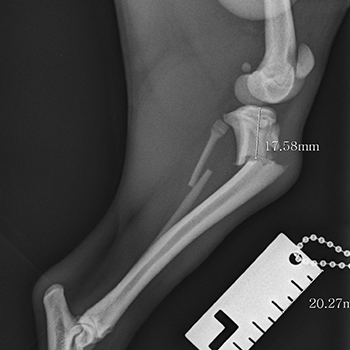
Surgeries which focus on correcting diseases and injuries of the bones, joints, ligaments, tendons and other skeletal structures.
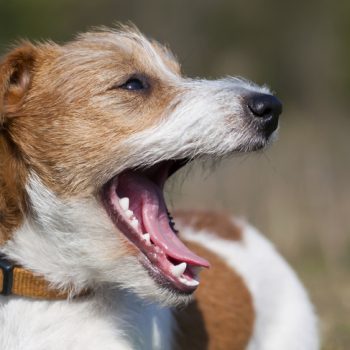
Animals with dental disease need to undergo a general anaesthetic so that their mouth can be properly assessed. Specially designed tools are used to remove tartar and polish the teeth. Severely affected teeth need to be taken out.
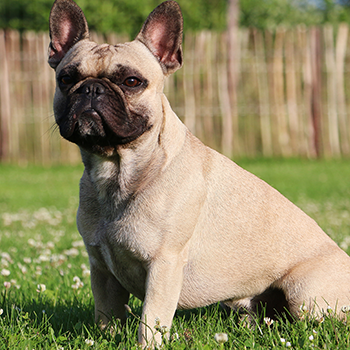
Surgery to correct Brachycephalic Obstructive Airway Syndrome which is a combination of upper airways problems that is typically common in short nosed breeds such as Pugs, French Bulldogs and Cavalier King Charles Spaniels.
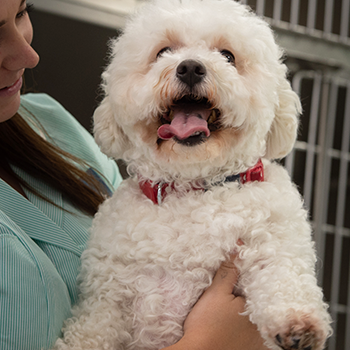
These clinics help support your animal if they have flea’s or help prevent them.
What happens during this visit?
The nurse will perform a general health check on your pet to make sure they are in tip top condition.
This will include checking for discharge in their eyes, nose and ears as well as checking their teeth. The nurse will also ask for your pet’s history around feeding, general health and their diet and provide any advice where necessary.
The nurse will check your animals’ fur for flea’s and if discovered will provide you with the right course of treatment. They will also recommend regular flea treatment to avoid future episodes occurring.
The nurse can also advise you on other pet health matters including vaccinations and neutering.
How do I know if my pet has flea’s?
You will notice your pet itching and licking more than normal. They may also have red and inflamed skin.
Why should I use flea treatment?
- Fleas feed on blood which could cause anaemia in young, old or ill animals.
- Some animals have allergic reactions to fleas which will cause a serve flare up.
- They can spread to humans too.
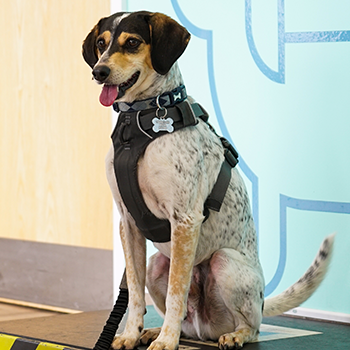
These free clinics will support you with all areas of weight management for your animal.
What happens in a weight clinic?
The nurse will firstly take measurements of your dog or cat which include around the neck, thorax and abdomen. The nurse will discuss with you the animal’s health history to understand what they are currently being fed, the quantity, the time of day they eat and how many times they are given treats. This will help the nurse gain a better understanding of your animal and provide the right weight management programme for them.
Once this information is collated, the nurse will provide your pet with a body score, which is generated through an online tool in conjunction with our nutrition partner, Hills.
The body score result will help the nurse create a bespoke dietary plan and exercise programme, specifically suited to your animal as well as fitting into your daily routine.
How much will my pet lose?
On average a dog would lose less than 2% of their body weight per week and cats on average less than 1% of body weight per week.
What else can I do to help?
If your pet is struggling with the exercises due the extra pressure on their joints, we can recommend additional supplements, such as, yumove advance 360 as this will make the joints more mobile. Our nurses can also recommend special food toys which make your animal work harder, therefore incorporating some light exercise at mealtimes.
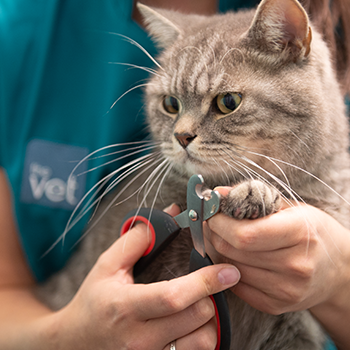
These clinics help keep your animal’s nails healthy
What happens during this visit?
In addition to having your animal’s nails clipped, the nurse will also perform a health check on your pet to make sure they are in tip top condition. This will include checking for discharge in their eyes, nose and ears as well as checking their teeth. The nurse will also ask for your pet’s history around feeding, general health and their diet and provide any advice where necessary.
The nurse can also advise you on other pet health matters including flea and worm treatment, vaccinations and neutering.
Why should I have my pet’s nails clipped?
- Long nails make it difficult and uncomfortable for your animal to walk causing them to put pressure on other parts of their feet which can cause discomfort.
- Long nails can tear and split which is painful for your pet.
- If they become too long, they can curl up and damage your animals pads and paws.
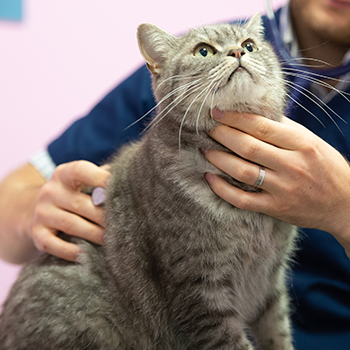
Microchipping gives your pet the best possible chance of being returned if they become lost. Plus microchipping for dogs is now compulsory (since 6 April 2016).
What is a microchip and how does it work?
A microchip is a small electronic device, that’s the same size as a grain of rice and encases a unique 15-digit code which directly links your information to your pet. The tiny microchip is inserted under the skin of your pet. The protective casing is specially designed so that the microchip won’t move around or cause a reaction to your pet’s skin and will last their whole lifetime. The microchip can be scanned, revealing the code which links to your contact details kept on a database.
Here at The Vet we have qualified nurses and vets who can implant microchips in the correct place between the shoulder blades of your pet. It is similar to getting an injection, with little or no pain experienced – most pets do not even feel it being implanted. It can be done at the same time as neutering or another procedure if you would prefer your pet to be under anaesthetic.
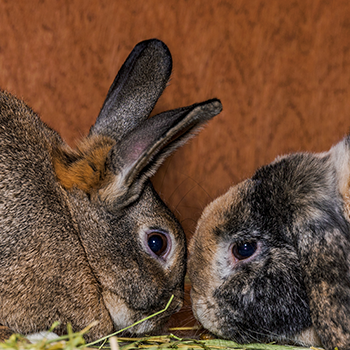
Neutering is the general term used describe surgically removing some or all of the reproductive organs of your pet. In males, the operation is called castration and is a routine procedure carried out under general anaesthetic and can be performed on cats, dogs, rabbits and ferrets.
Why should I get my animal castrated?
Castration greatly reduces the risk of your pet getting tumours of the testicles as well as reducing stress if unable to find a mate.
Some people worry that their pet’s personality will change after being castrated. This is not true but you might see a fall in certain behaviours such as roaming, spraying urine, mounting and fighting.
When should you castrate your pet?
Castration is usually done at a young age, but can be performed at any age. If your pet is 8 years or over, our vets will recommend a blood test first to check overall health before the anaesthetic.
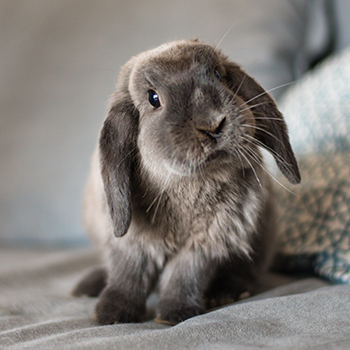
Neutering is the general term used describe surgically removing some or all of the reproductive organs of your pet. In females, the operation is called spaying and is a routine procedure carried out under general anaesthetic and can be performed on cats, dogs, rabbits and ferrets.
Why should I get my animal spayed?
Spaying greatly reduces the risk of your pet getting breast cancer and infections of the womb as well as stopping unwanted litters, which can be risky for the mother. It also stops your pet from coming into ‘heat’ which can be frustrating for her.
Some people worry that their pet’s personality will change after being spayed. This is not true but you might see a fall in certain behaviours such as roaming, spraying urine, mounting and fighting.
When should you spay your pet?
Spaying is usually done at a young age, but can be performed at any age. If your pet is 8 years or over, our vets will recommend a blood test first to check overall health before the anaesthetic.
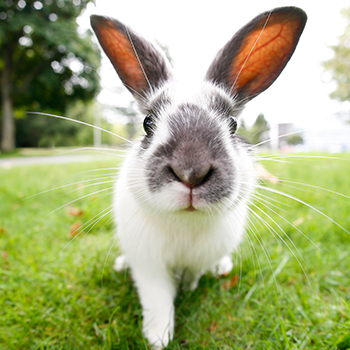
Why should I get my rabbit vaccinated?
Myxomatosis and VHD are two fatal viral diseases which can so easily be prevented by an annual vaccine. Death from these diseases occurs far too often so it is important to keep your rabbit’s vaccinations up to date.
Rabbits can be vaccinated from six weeks of age and require a yearly booster vaccination to maintain continued protection. Like all vaccinations complete protection cannot be guaranteed and vaccinated rabbits can still catch myxomatosis however the symptoms are generally much milder in the vaccinated patient and carry a significantly better prognosis. The vaccination used for Myxomatosis also includes protection against Viral Haemorrhagic Disease (VHD).


